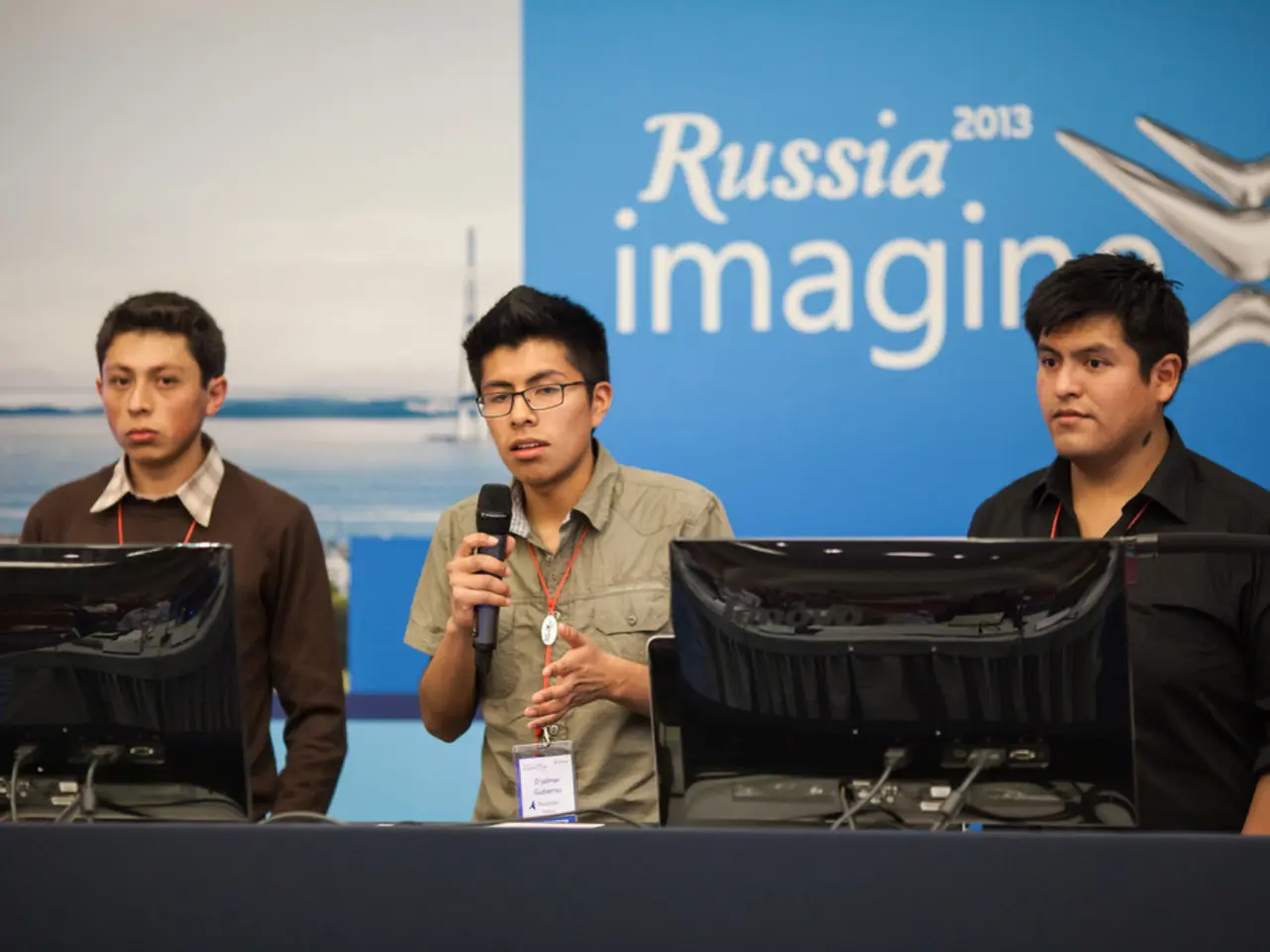European Energy Crisis Cannot Be Resolved by Fossil Fuels – Achieving Peace is Key
In the face of uncertainty caused by a newly imposed price cap on Russian oil, a young climate activist named Wiktoria Jędroszkowiak is advocating for a just transition to renewable energy across Europe. Based in Warsaw, Poland, Jędroszkowiak, a 21-year-old activist with Fridays for Future, has been at the forefront of the movement since Russia invaded Ukraine in February.
Jędroszkowiak believes that the crisis in Ukraine presents an opportunity for Poland to become a leader in the renewable energy sector. She sees the climate justice movement as a peacemaking force, addressing the root causes of societal problems and promoting a sustainable future for all.
The war in Ukraine has launched Europeans into a new reality, with the threat of violence spilling over into their communities and the urgency around energy access. As a result, some countries are turning to less sustainable methods to meet their energy needs. For instance, wood burning is making a comeback in Sweden, air quality is deteriorating in Poland as more coal is burned, and France is restarting coal-fired power plants. Families may have to face scheduled blackouts, and others may struggle to pay their high energy bills.
However, not all is bleak. Germany, with its ambitious expansion of wind and solar energy, flexible electricity demand, and efficient grid development, serves as a leading example for advancing renewable energy and achieving climate targets in Europe. Countries like the Czech Republic are actively investing in small modular nuclear reactors to achieve emission-free energy security, complementing renewable efforts.
Estonia has been vocal about cutting away from Russian fossil fuels, and Jędroszkowiak finds the Baltic countries' approach to transitioning away from Russian fossil fuels and focusing on renewables to be inspirational. She also believes that the war in Ukraine will end with Ukrainian victory, and Europe's actions can influence its timeline.
Jędroszkowiak's activism initially focused on women's rights and feminism, but the world of climate justice has shown her the real root of society's problems: the greedy and powerful putting profit above people. She has confronted government officials such as French President Emmanuel Macron and met climate activists Greta Thunberg and Vanessa Nakate.
Despite the challenges, Jędroszkowiak emphasizes that the Polish people are not to blame for these actions. Europe has benefited greatly from Russian fossil fuel exports since the mid-20th century. Nearly half of Russia's federal budget comes from the profits made from selling fossil fuels, which are used to fund weapons and bombs that are killing Ukrainians.
The crisis has created a rare opportunity for clean energy growth. Jędroszkowiak wants to see more of this clean energy growth and has been working on it all year. She expresses support for the Just Stop Oil campaign but questions whether it fully encompasses the climate justice movement.
Meanwhile, in Poland, people are attempting to illegally mine coal on their own land due to a lack of heat in their homes. This underscores the need for a swift and just transition to renewable energy, a cause that Jędroszkowiak is dedicated to advancing. The future may be uncertain, but with activists like Jędroszkowiak leading the charge, there is hope for a sustainable and peaceful Europe.
Read also:
- Nightly sweat episodes linked to GERD: Crucial insights explained
- Antitussives: List of Examples, Functions, Adverse Reactions, and Additional Details
- Asthma Diagnosis: Exploring FeNO Tests and Related Treatments
- Unfortunate Financial Disarray for a Family from California After an Expensive Emergency Room Visit with Their Burned Infant








